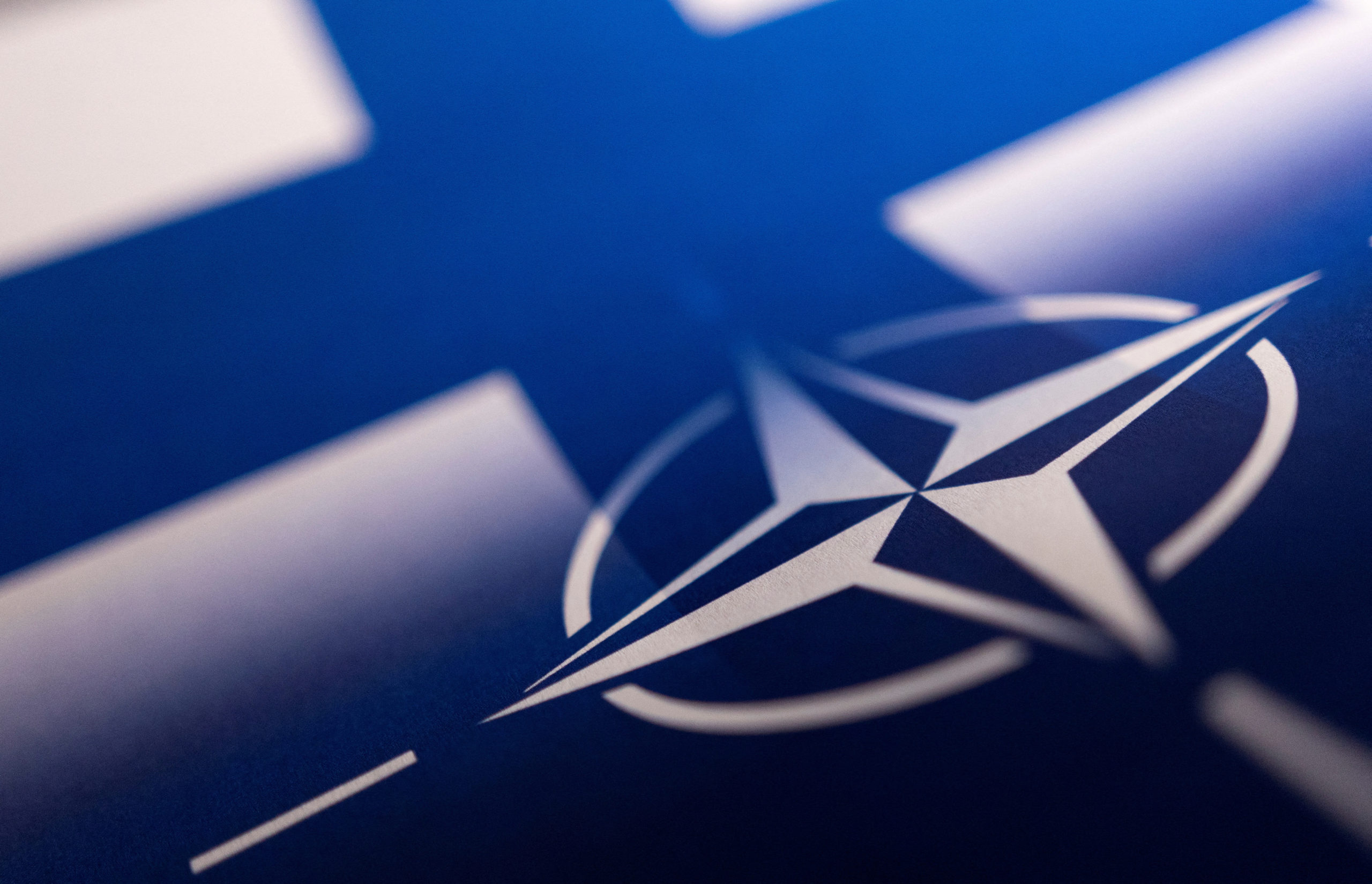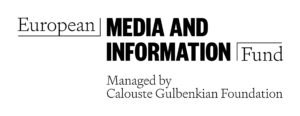Finland and Sweden hopeful Hungary will ratify NATO applications
"Good that Finland can count on Hungary in our NATO ratification," Finland's president Sauli Niinisto wrote on Twitter.

STOCKHOLM — Finland’s president Sauli Niinisto said on Wednesday he was counting on Hungary to ratify the Nordic country’s NATO application after he had talked on the phone with Hungarian Prime Minister Viktor Orban.
“Good that Finland can count on Hungary in our NATO ratification. I look forward to further strengthening our Fenno-Ugric connection also as allies,” Niinisto said on Twitter, referring to the countries’ shared linguistic history.
The Hungarian government did not immediately reply to a request for comment.
Finland and Sweden asked to join the North Atlantic Treaty Organization in May in response to Russia’s invasion of Ukraine, but ran into objections from Turkey. Hungary and Turkey are the only members not to have ratified the applications.
Later on Wednesday, Swedish Foreign Minister Tobias Billstrom was similarly optimistic Hungary would ratify Sweden’s application after he spoke with his Hungarian counterpart Peter Szijjarto a few days ago.
“We have also had quite positive remarks made during that conversation,” Billstrom told a news conference in Helsinki in connection with a Nordic Council meeting in the Finnish capital.
“We see a positive and progressive movement forward when it comes to the ratification by Hungary towards the Swedish and the Finnish applications,” he said.
Last month, Orban’s chief of staff Gergely Gulyas said he expected the Hungarian parliament to discuss the approval of the ratification document before its autumn session ends.
“As the autumn session ends by mid-December, there is a good chance this will happen by then,” he told a press briefing at the time.
Additional reporting by Krisztina Than in Budapest.
This article has been fact-checked by Arctic Today and Polar Research and Policy Initiative, with the support of the EMIF managed by the Calouste Gulbenkian Foundation.
Disclaimer: The sole responsibility for any content supported by the European Media and Information Fund lies with the author(s) and it may not necessarily reflect the positions of the EMIF and the Fund Partners, the Calouste Gulbenkian Foundation and the European University Institute.
